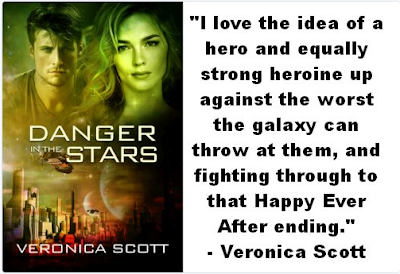Okay, so , here we are again.
This week's subject is simple enough: Do we need editors.
Yes, profoundly, yes.
Let me clarify: YES!
Let's go with my latest, experience, shall we?
let it be known that I love making characters! I dig the hell out of it. I once counted the named characters in my novel/trilogy SERENITY FALLS and I came up with 187 named characters. that wasn't all of the characters in the book, just the ones with names. The damned book should have a lexicon, especially since the story spans three centuries and, just as in real life, some of the characters actually have the same name in the family tree. My editor was ready to have an embolism. I didn't care. I knew what I was doing and the characters with the same names were never mentioned in the same chapters.
But I digress.
I recently finished the first draft of FALLEN GIDS< the second book in the TIDES OF WAR series. All was well and I was taking my time with the novel when my publisher politely asked me when he might see the first draft, as it was currently
Three Months Late. That is not a typo.
Here's the problem: I thought I still had a month to go. Sometimes it's not a matter of writer's block or any of that sort of thing. I knew what I wanted to say, I knew where I wanted the story to end for Book Two. I just confused myself on the deadline.
That meant going from Zero to Ninety in exactly no time. I slammed my foot onto the gas and I
WROTE. I also apologized profusely, because I LOATHE being late. And when Iw as done I promised the next book will be early to make up thew difference. (It will be.)
I'm off working on Book Three when the editor asks to speak with me. As he's in another country, we Skyped the whole thing. Took about thirty minutes to go over the notes. Phil, my editor, is one of the best. He works for the publisher. his job is to turn my Manuscript into something coherent. That is often a monumental task.
Let me explain: I KNOW what I am doing. I KNOW that the book is going to be roughly this long, and how I'm going to end it. I know grammar well enough that I don't sweat that stuff.
I also know that my brain LIES TO ME! It's what brains do. Why? because I have planned the book out long before I write it. No, I don't outline. I hate outlining, I feel restricted if I outline in high detail first. I feel obligated to write a scene that matches what I planned and that's horrible for me.
So I have Phil and others to help. What are they helping with? Damned near everything, but especially on the first draft they're stuck correcting my typos, telling me when I'm using the same phrase too often, and, oh, yeah, when I'm using too many characters to suit my needs.
Remember when I said I like creating characters? It's true, I do. And it's a complaint I've had on many reviews, for that matter. Story is okay, but there are too many POV's is a common argument. Tat doesn't stop me, by the way. I still write like me. But when an editor comes along and gives me a legitimate argument against the number of POVs I'm using, I tend to listen.
I'm over halfway through the edits Phil suggested. Some of them are easy. The biggest challenge is rewriting several scenes to limit the number of POVs to five. It's tedious at times, but it's also the right call. Because while
-I- have no trouble distinguishing who is who in the scenes, there are already a LOT of characters in the series and I add more. No one has to see from their perspective, especially when they often times show up only briefly and then not for a long while.
My mind goes crazy when I'm in the zone. I know what I want to say, and I know what I mean to say, but that doesn't guarantee that I'm saying it in the best way. Typos happen and often times, if I haven't waited long enough, say, a couple of months, I can;' see the mistakes because my mind knows what is supposed to be there and my eyes assume that's what I wrote. Even if I set up autocorrect to take care of many of my more common typing *(Yes, I did that already) there are a few that sneak though. I'm finding a lot of them as I do my rewrites.
I am human. Sometimes you simply need more than one pair of eyes.
Most of the successful self published authors I know pay an editor I'm lucky, my publisher does that for me and they chose well.
Do you need an editor? Yes. God yes. Dear God yes.
Never you'll see the mistakes. You won't. Not all of them. Never assume that the book needs another edit. Sometimes it's finished and a writer can't see it. If you are on the fifth edit, either the book was hideous beyond repair or self doubt is crippling you and it's time for an editor.
Autocorrect won't catch everything. Ever.
trust me. You need an editor. I can edit other people, no problem, but I am not as intimate with their manuscript as I am with my own. It's exactly that simple.
James A. Moore













